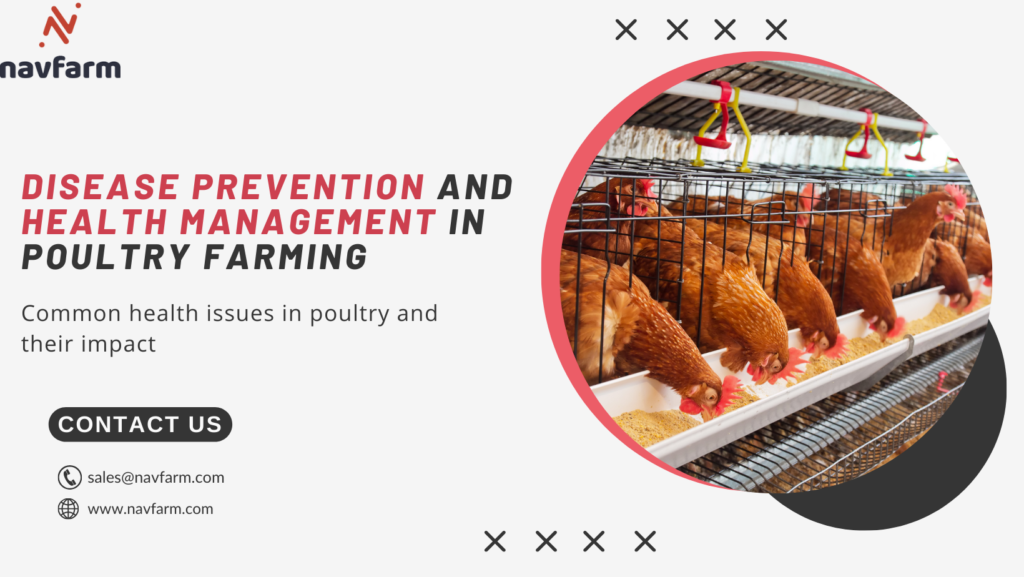
Poultry farming is a complex and demanding industry that requires careful attention to the health and well-being of the birds. Effective health management is crucial for the success and profitability of a poultry farm. It involves a comprehensive approach to prevent, identify, and manage health issues that can affect the flock. By implementing proper health management practices, poultry farmers can ensure the optimal growth and productivity of their birds, as well as minimize the risk of disease outbreaks.
Common health issues in poultry and their impact
Poultry birds can be susceptible to a variety of health issues, which can have a significant impact on their overall well-being and productivity. Some of the common health issues in poultry include respiratory infections, digestive disorders, parasitic infestations, and viral diseases. These health problems can lead to decreased growth rates, reduced egg production, poor feed conversion, and increased mortality rates. It is essential for poultry farmers to be able to recognize the signs and symptoms of these health issues and take appropriate measures to prevent and treat them.
Developing a health management plan for poultry farming
Developing a comprehensive health management plan for poultry farming involves several key steps:
- Biosecurity Measures: Implement strict protocols to prevent disease introduction and spread through quarantine, access control, and sanitation.
- Vaccination: Develop a tailored vaccination schedule and adhere to proper administration, storage, and dosing protocols.
- Regular Health Monitoring: Conduct routine veterinary check-ups and monitor feed consumption, growth, and egg production for early issue detection.
- Nutrition: Provide a balanced, nutrient-rich diet and ensure access to clean water for optimal bird health.
- Parasite Control: Implement effective measures like regular deworming and hygiene practices to prevent parasitic infestations.
- Waste Management: Maintain proper waste disposal practices, including cleaning, disinfection, and safe handling of waste materials.
- Emergency Preparedness: Establish a clear plan for disease outbreaks or health emergencies, including bird isolation, treatment, and reporting procedures.
Conclusion:
Effective health management is critical for the success and profitability of poultry farming. By implementing a step-by-step approach to health management, poultry farmers can prevent, detect, and manage health issues in their flock. From implementing biosecurity measures and vaccination protocols to regular health check-ups and proper nutrition, each step plays a vital role in ensuring the optimal health and productivity of poultry birds. By unlocking the secrets of effective health management, poultry farmers can create a thriving and profitable poultry farm.
